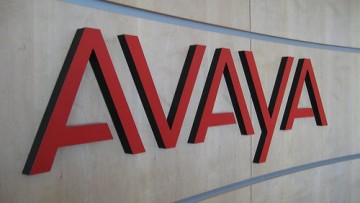ConnectWise has swallowed its strategic partner, channel consultancy HTG.
For those who came in late, HTG is a US outfit offering consulting programmes and coaching to managed service providers.
ConnectWise CEO Arnie Bellini said: “This brings together a shared vision to help technology solution providers meet their full potential.
“We believe that by combining ConnectWise’s award-winning business solutions with HTG’s best-in-class business coaching programme and extensive peer-to-peer network, we are creating an extraordinary ecosystem that gives all technology solution providers the opportunity to thrive.”
HTG currently has over 600 members from 500 countries across North America, Europe, Australia and New Zealand. It hosts over 50 meetings and events annually for its members. ConnectWise has more than 130,000 users in 21,000 businesses in over 50 countries.
HTG will continue to be led as a business unit of ConnectWise by its founder Arlin Sorensen.
Sorensen said he was excited to be part of an organisation that understood the value of HTG’s programmes.
“I’m looking forward to amplifying the reach of HTG thought leadership and creating new transformative programmes that will enable TSPs to take control of their destinies.”
How exciting!





















